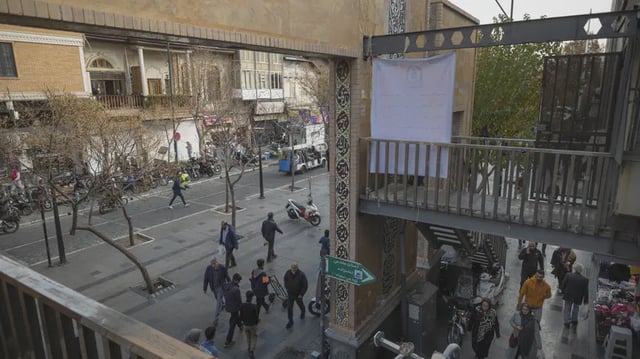Overview
- Iran moved its surviving nuclear scientists into secure villas in Tehran and along the northern coast under round-the-clock protection coordinated by multiple agencies
- Former nuclear academics at Tehran universities have been replaced with personnel unconnected to sensitive research to reduce exposure
- In July, parliament approved an emergency espionage law expanding capital punishment for alleged spies and replacing life sentences with the death penalty
- Judiciary spokesperson Asghar Jahangiri reported the arrest of 20 individuals accused of serving Mossad, noting that some had charges dropped and others remain in custody
- At least eight executions for espionage have been carried out since June, drawing criticism from rights groups over due-process and human-rights concerns



